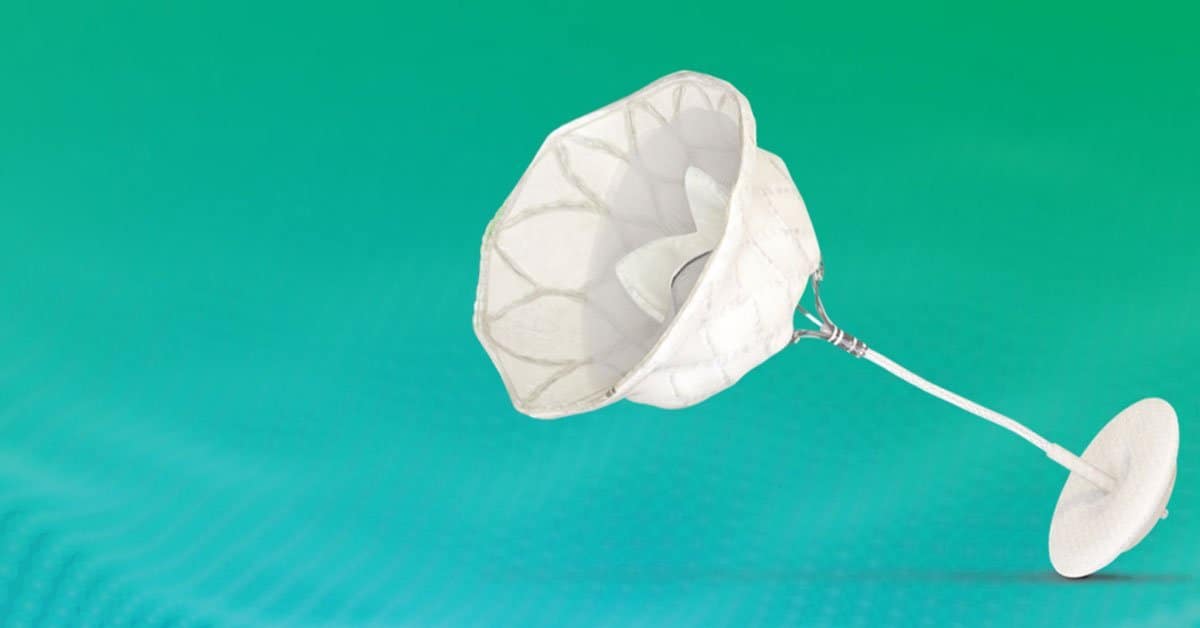Stem cell therapy for post-MI heart failure might deserve a second look, after the PREVENT-TAHA8 trial demonstrated that mesenchymal stem cell infusion within days of STEMI significantly reduced 3-year HF incidence.
- Stem cell therapy research has suffered some setbacks over the past decade, with several failed trials that used bone marrow stem cells raising skepticism.
- However, mesenchymal stem cells derived from Wharton’s jelly (umbilical cord connective tissue) may represent a superior approach.
Based in Iran, the PREVENT-TAHA8 trial, randomized 396 patients following LAD STEMI with LVEF <40%, to receive either an intracoronary mesenchymal stem cell infusion 3-7 days post-PCI plus guideline-directed medical therapy or GDMT alone. The 3-year outcomes showed striking differences…
- Heart failure incidence was reduced by 57% with stem cell therapy, while HF readmissions dropped 78%.
- The composite of cardiovascular mortality and MI was significantly lower with stem cells (HR 0.39), though individual MI readmission, all-cause, or CV mortality showed no differences.
- LVEF improvement at 6 months was approximately 6% greater in the treatment group versus controls, suggesting functional cardiac benefits beyond clinical event reduction.
Given the high costs of HF hospitalization, stem cell therapy could help avoid HF’s economic burdens if larger studies replicate these findings and future treatments are cost effective.
- However, development costs, trial expenses, and competition from pharmaceutical approaches create a challenging commercialization landscape.
Despite these compelling clinical results, the stem cell field still faces a credibility crisis due to earlier studies overpromising and underdelivering, so these mesenchymal stem cells have a lot to prove in future studies.
The Takeaway
It makes sense that for a condition like heart failure, repairing the heart is the true solution rather than treating the symptoms. Whether that’s with stem cells or another method remains to be seen, but if future studies can validate the results of PREVENT-TAHA8, we might get closer to a cure for heart failure.






